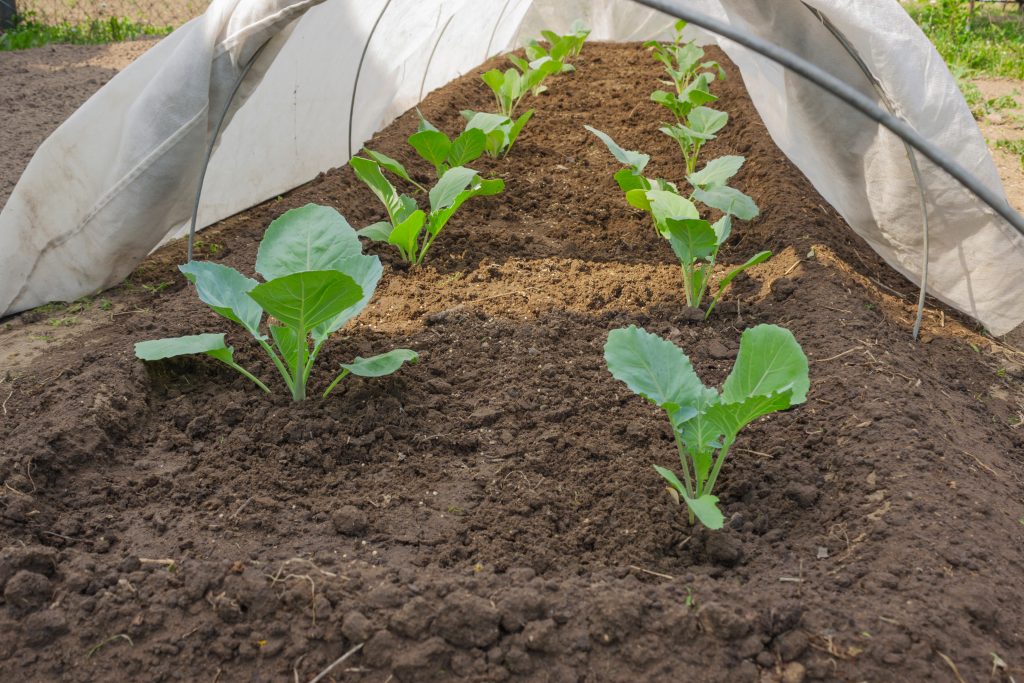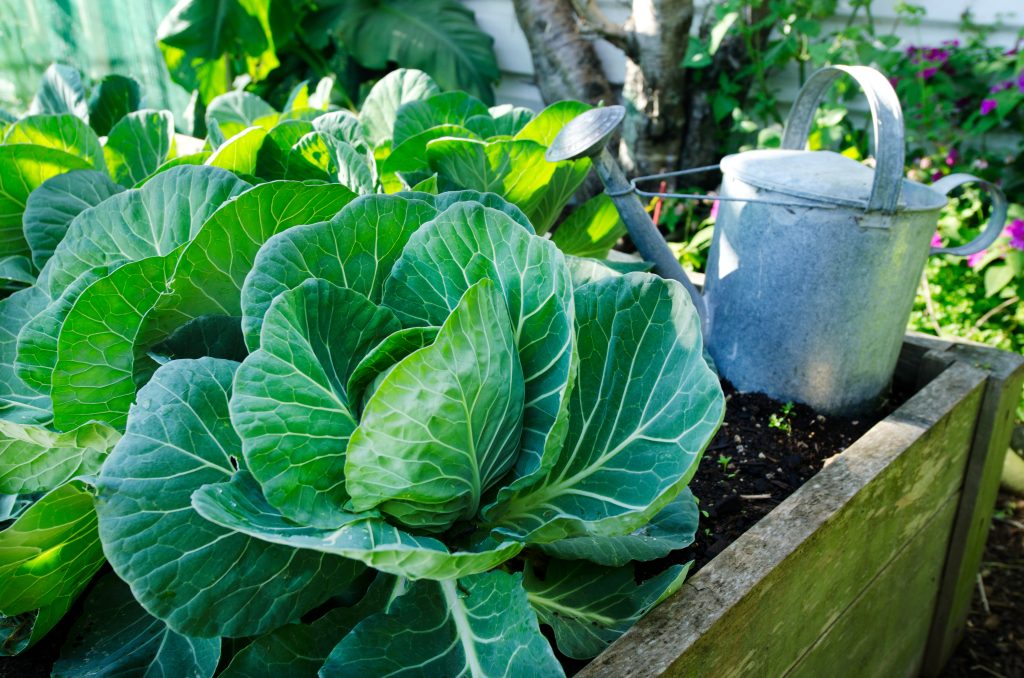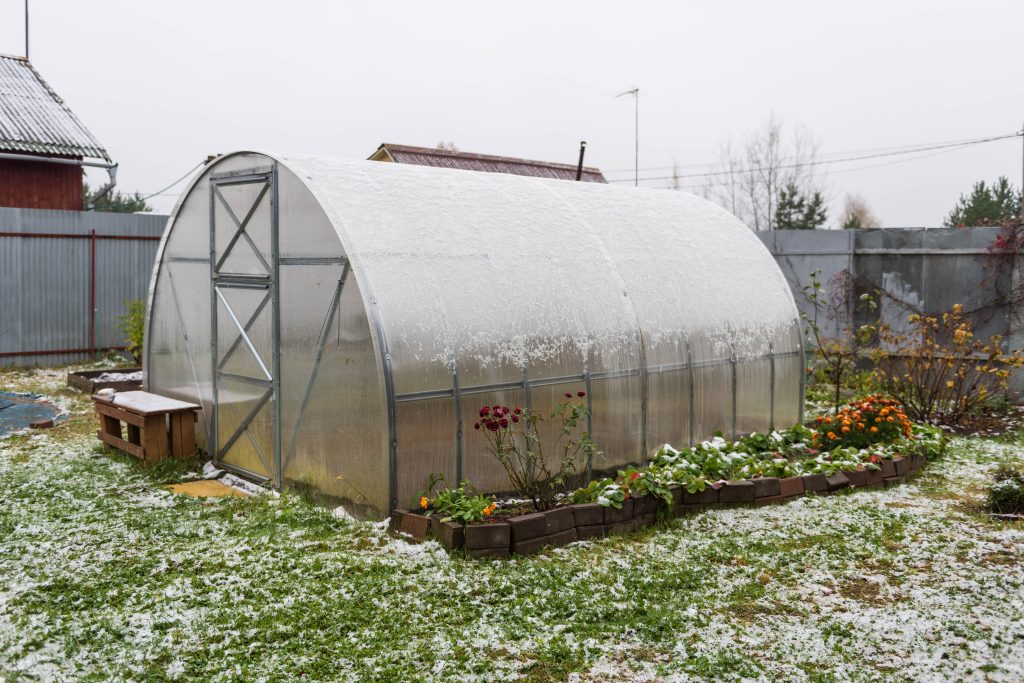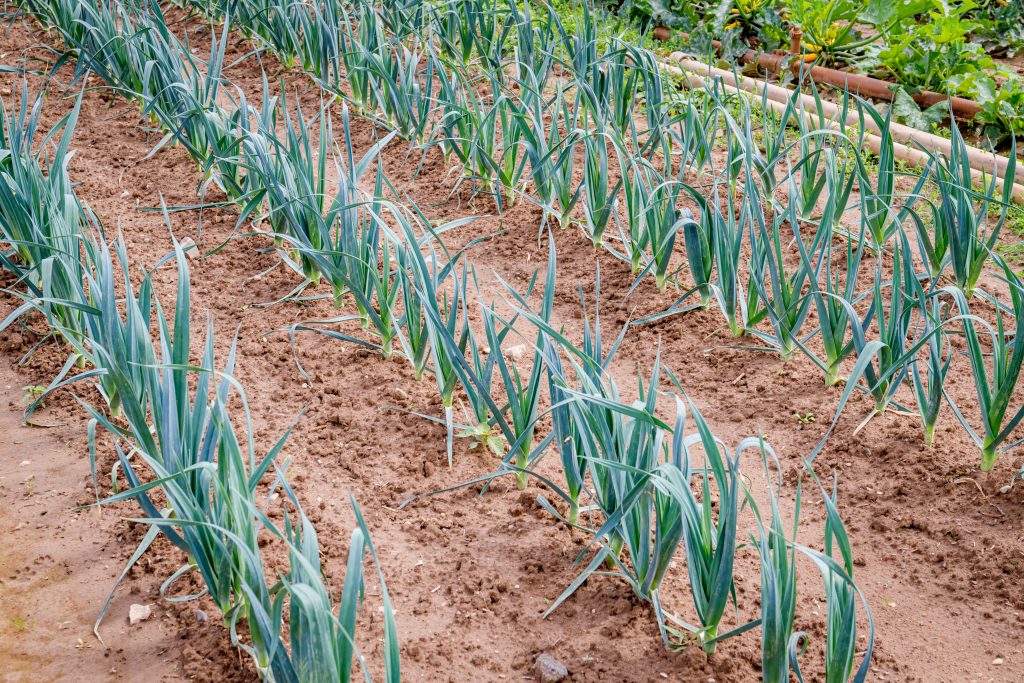Winter vegetable growing is a great way to enjoy fresh produce even in the coldest months of the year. Here are 10 tips to help you have an awesome winter veggie patch!

- It’s important to start early, late summer or early fall is best, so that your plants have time to get established and are able to withstand the colder temperatures that come later in the season.
- Choosing the right crops is also very important. Some great choices for our area are spinach, kale, broccoli, cauliflower, cabbage, carrots and brussel sprouts.

- Cover tender seedlings or older plants to protect from heavy frosts (or light snow in some areas). Most hardware shops or nurseries have the white frost cloth that is cheap and easy to use. We got ours from bunnings and pegged it over some polypipe to create little tunnels.
- Using raised beds keeps your veggies warmer and can make them easier to tend to over the cooler, wetter months of winter.

- If you’re really serious about gardening, consider investing in a greenhouse or a plant tunnel. This will allow you to control temperature and humidity, and will also protect your plants from the elements.
- Use Compost. Winter gardening can be especially challenging because the soil tends to dry out and get compacted. Adding compost can help with moisture and nutrient retention, drainage and soil structure.

- Mulching can help to regulate soil temperatures and stop water from evaporating too quickly from the soil.
- Make sure your veggies get enough water but avoid overwatering as this can cause root rot. Water deeply but infrequently and try to water earlier in the day so any water on the leaves has time to evaporate before nighttime temperatures drop.
- Keep your eye out for pests. Just because it’s winter doesn’t mean you won’t have pests attacking your crops. Keep your eye our for aphids, slugs or other pests that can destroy your winter veggies.
- Succession planting is also important in winter! Generally things are slower growing but you still need to make sure you’re planning your succession planting so you continue to have fresh veggies through out the winter months!

